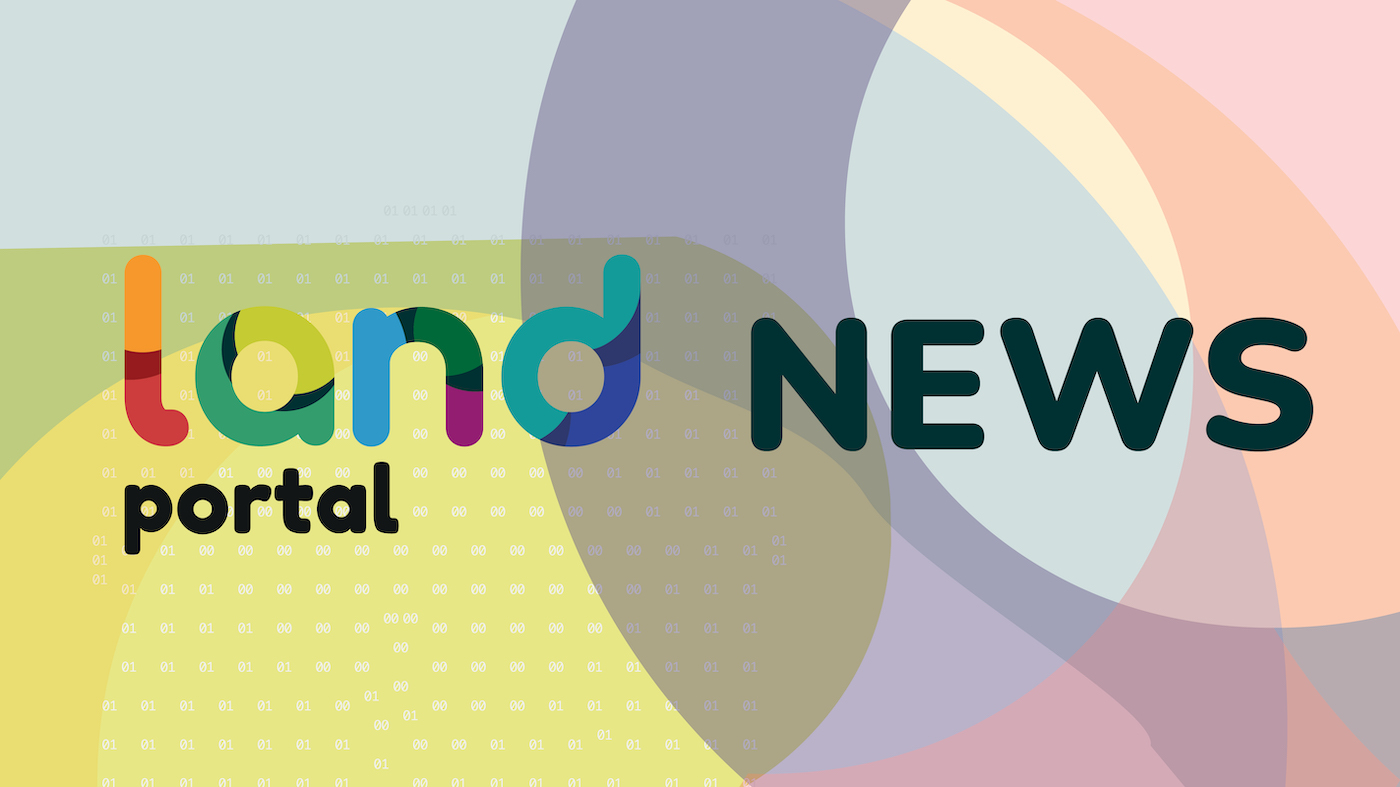

Related content:
Copyright © Source (mentionné ci-dessus). Tous droits réservés. Le Land Portal distribue des contenus sans la permission du propriétaire du copyright sur la base de la doctrine "usage loyal" du droit d'auteur, ce qui signifie que nous affichons des articles de presse pour des fins d'information non commerciales. Si vous êtes le propriétaire de l'article ou d'un rapport et que vous souhaitez qu'il soit retiré, s'il vous plaît nous contacter à hello@landportal.info et nous le supprimerons immédiatement.
Divers articles de presse liés à la gouvernance foncière sont publiés sur le Land Portal chaque jour par ses utilisateurs, à partir de diverses sources, telles que les agences de presse et d'autres institutions et individus, ce qui représente une diversité de positions sur tous les sujets. Le droit est à la source de l'article; la Land Portal Foundation n'a pas le droit de modifier ou de corriger l'article, ni d'endosser son contenu. Pour apporter des corrections ou demander la permission de republier ou toute autre utilisation de ce contenu, merci de contacter le titulaire du droit d'auteur.
